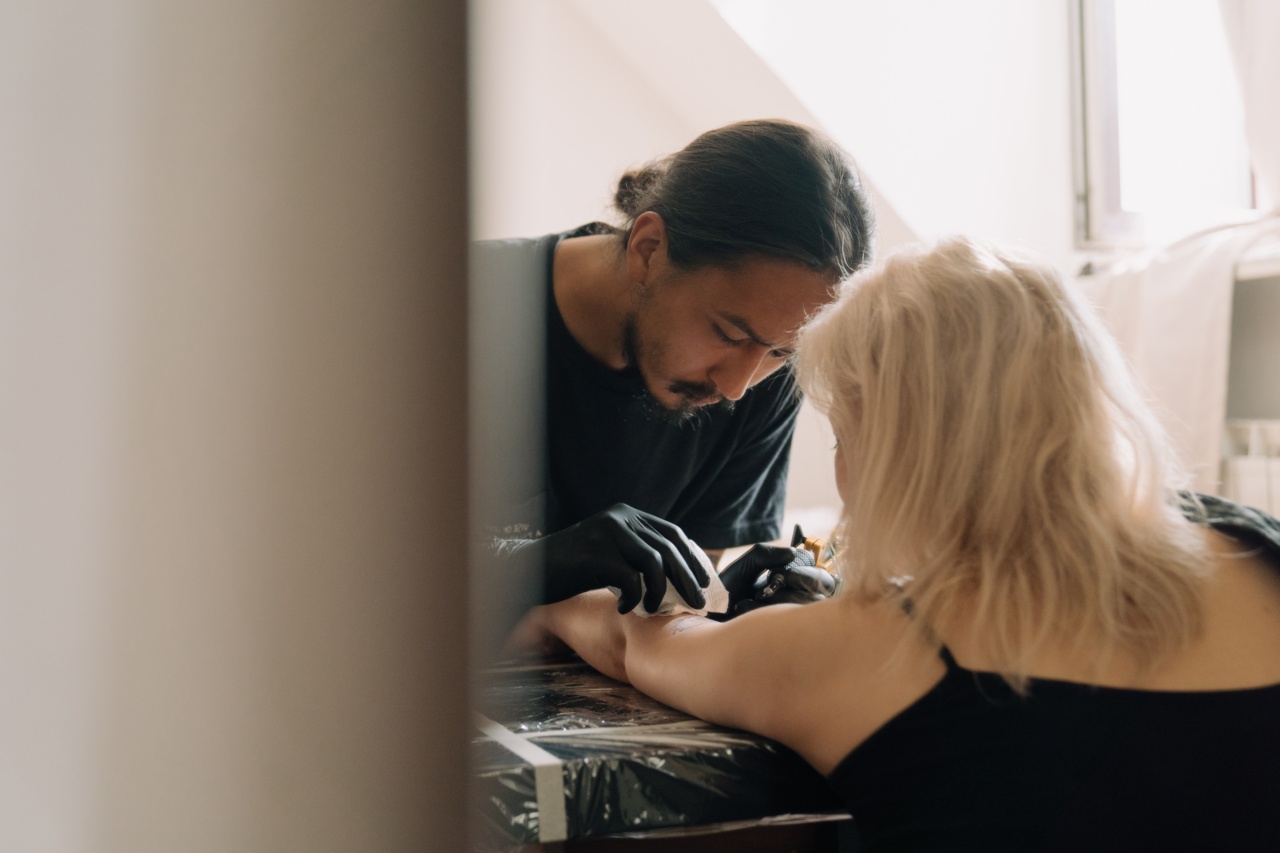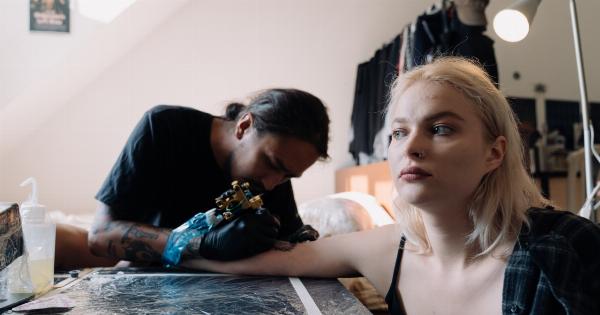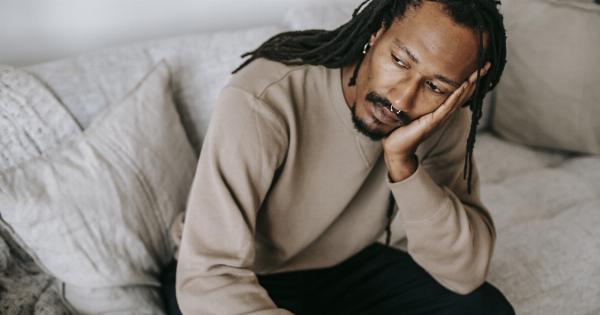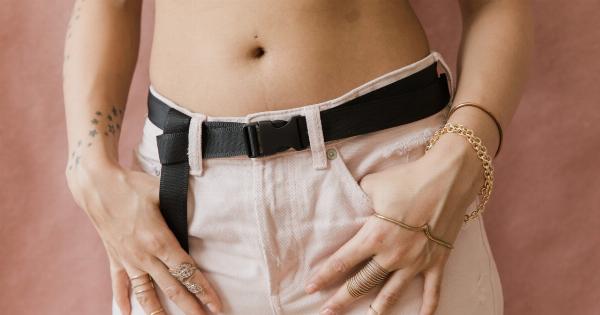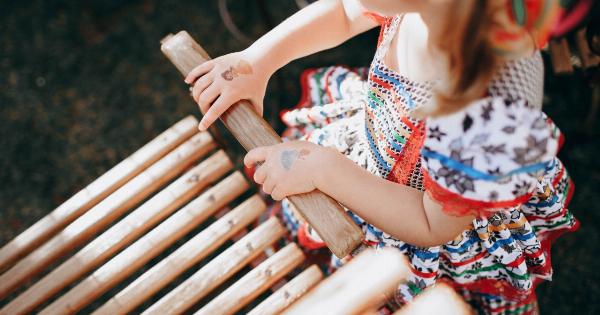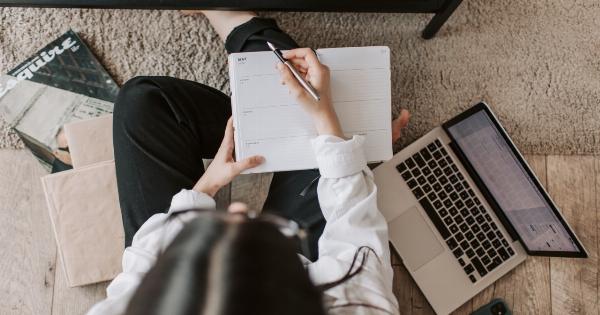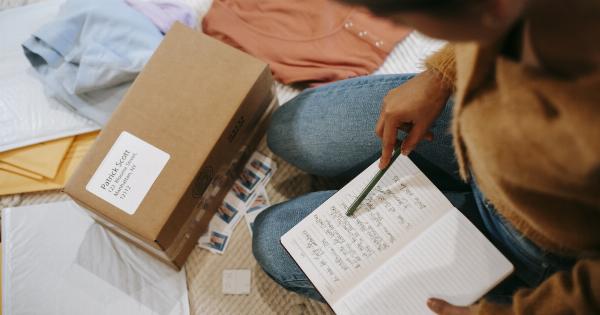Tattoos are becoming increasingly popular, and with this trend comes the importance of making sure you ask the right questions before getting inked.
There are many factors to consider, from the design and placement of the tattoo to the safety and hygiene practices of the tattoo artist. In this article, we will explore some of the important questions you should ask before getting a tattoo.
1. What is the artist’s experience?
When choosing a tattoo artist, it’s important to consider their level of experience. Ask about how long they have been tattooing, where they trained, and what kind of styles they specialize in.
You may also want to ask to see their portfolio to get a sense of their work and artistic style.
2. What are the safety and hygiene practices?
It’s crucial to ensure that the tattoo artist follows safe and hygienic practices to prevent the risk of infection.
Ask about their sterilization and sanitation practices, including what kind of equipment they use and how often they change needles and other materials. A reputable artist should be willing to explain their procedures and show you how they clean and sterilize their equipment.
3. What is the cost?
The cost of a tattoo can vary widely depending on the size, complexity, and location of the design. It’s important to discuss the cost upfront and get a clear understanding of how much the tattoo will cost.
Some artists charge by the hour, while others have a flat fee per design. Make sure to budget for additional costs like tips and aftercare products.
4. What is the expected healing time?
Every tattoo takes time to heal, and you’ll need to take extra care of the area during this time to prevent infection and ensure proper healing.
Ask the artist how long you should expect the tattoo to take to heal, and what steps you should take to care for it during this time. The artist should be able to provide you with clear instructions on how to care for the tattoo, including what kind of ointment to use and how often to clean the area.
5. What is the meaning behind the design?
If you’re getting a tattoo with a specific design or image, it’s important to consider the meaning behind it. Make sure the design is meaningful to you and holds some personal significance.
You don’t want to regret a tattoo later on because it doesn’t have any special meaning to you.
6. What are the risks?
While tattoos are generally safe, there are some risks associated with the process. These include infections, allergies, and scarring. Talk to the artist about these risks and what steps can be taken to prevent them.
It’s also a good idea to talk to your doctor beforehand if you have any medical conditions or are taking any medications that could affect the tattooing process.
7. What is the expected level of pain?
Tattooing can be painful, depending on the location and size of the design. Ask the artist what level of pain you can expect, and if there are any areas that are especially sensitive.
They may be able to offer tips or techniques to help ease the pain, like numbing creams or using smaller needles.
8. What are the aftercare instructions?
After getting a tattoo, you’ll need to take extra care of the area to ensure proper healing.
Ask the artist for aftercare instructions, including how often to clean the area, what kind of ointment to use, and what activities to avoid during the healing process. Following these instructions carefully can help prevent infection and ensure the tattoo heals properly.
9. What is the expected longevity of the tattoo?
Tattoos can fade or change over time, depending on factors like sun exposure and skin type. Ask the artist about the expected longevity of the tattoo, and if there are any steps you can take to maintain it over time.
They may recommend using sunblock or moisturizers to help preserve the design.
10. What if I change my mind?
Before getting a tattoo, it’s important to consider if it’s something you really want. However, if you have second thoughts or change your mind about the design, it’s important to discuss this with the artist.
They may be able to make adjustments to the design, or offer suggestions for a cover-up tattoo if necessary.
